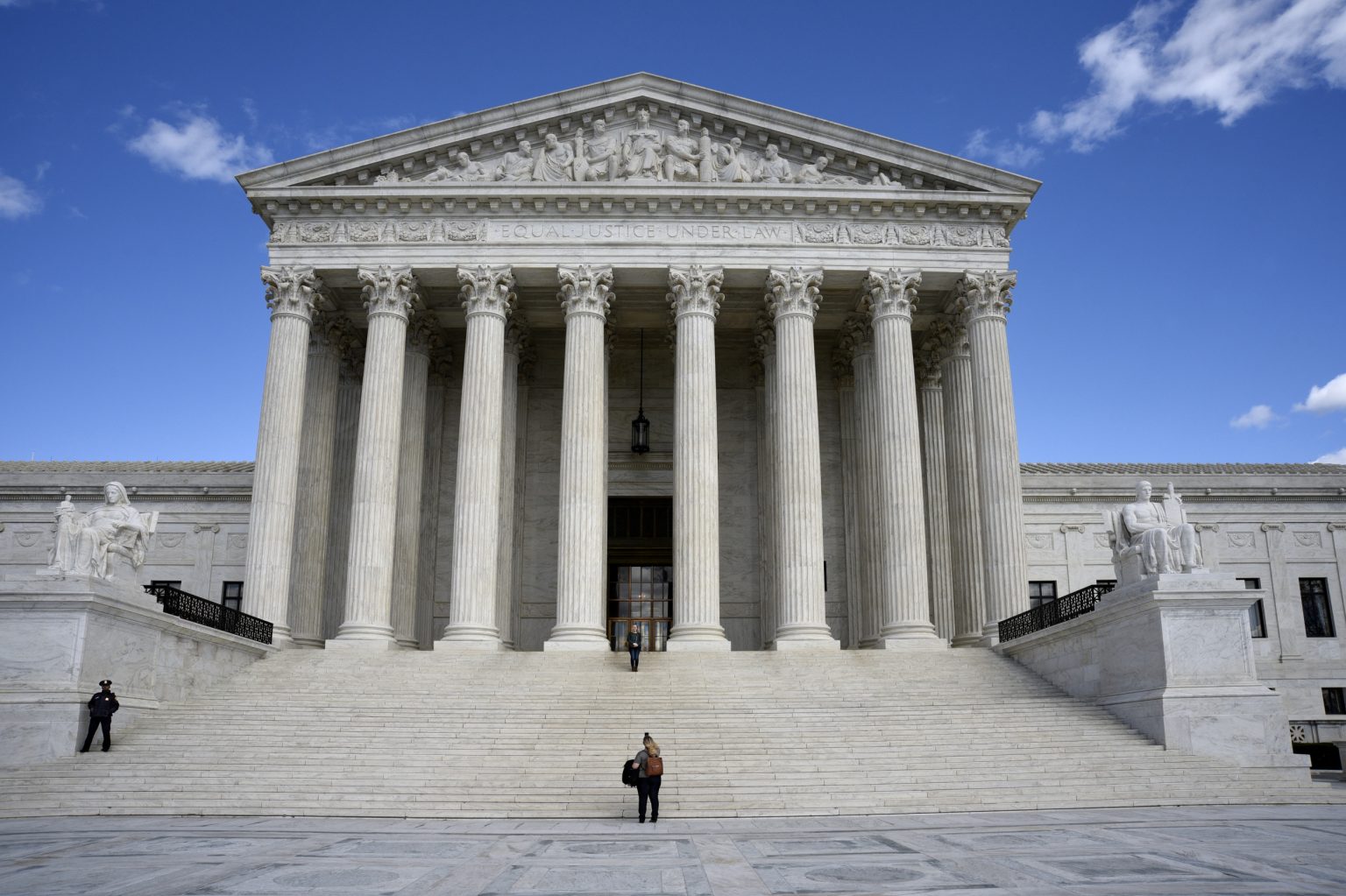D. John Sauer, a lawyer for Donald Trump, chose to waive his rebuttal during Supreme Court arguments surrounding Trump’s claims of presidential immunity, leaving legal analysts surprised. The arguments heard on April 25 focused on Trump’s assertion that presidential immunity should protect him from criminal charges related to interference in the 2020 election. The case, brought by special counsel Jack Smith from the Department of Justice, investigated Trump’s actions surrounding the January 6th riot at the U.S. Capitol and his attempts to overturn the election results. Trump has pleaded not guilty to all charges and accused federal prosecutors of targeting him for political reasons. His attorneys argued that his actions were official presidential acts, while prosecutors contended that he was acting as a candidate, not as president.
During the arguments, Trump’s lawyer did not offer a rebuttal to the Department of Justice’s arguments, leading to surprise among legal analysts. Former federal prosecutor Shanlon Wu found it interesting that Sauer chose not to respond and suggested that he may have felt he had already made his points during the proceedings. Wu also speculated that Sauer may have believed further argument could be risky and could potentially draw more attention from liberal justices. The decision to waive the rebuttal was questioned by legal analyst Jonathan Turley, who expressed uncertainty about why Trump’s counsel would forgo the opportunity to address the justices’ questions.
The Supreme Court justices seemed poised to send the case back to trial court for additional fact-finding regarding what constituted an official act versus a private act, rather than agreeing that Trump was completely immune from prosecution. This could result in further delays for the January 6th case, which was originally scheduled to begin on March 4th but has been postponed due to Trump’s appeal to the Supreme Court. It remains unclear when the trial may proceed, and the outcome of the ongoing legal proceedings could have significant implications for Trump and the charges he faces related to the 2020 election and Capitol riot.
Legal experts have suggested that the arguments presented during the Supreme Court proceedings may lead to a more nuanced understanding of the distinction between official acts and private actions by a president. The case has raised questions about whether a former president can claim immunity for actions taken while in office, especially in situations where those actions are deemed to be in a personal, rather than official, capacity. The decision by Trump’s lawyer to waive the rebuttal during arguments has added a layer of uncertainty to the proceedings, leaving observers to speculate about the potential implications of the court’s eventual ruling on the case.
As the legal battle continues, the Supreme Court’s decision in Trump’s immunity claims could set important precedents for future cases involving former presidents and the scope of presidential immunity. The outcome of the case will likely have far-reaching consequences for how the legal system navigates issues of accountability and prosecution for actions taken by high-ranking public officials. The ongoing developments in this case underscore the complexities of balancing the interests of justice, accountability, and the preservation of the rule of law in cases involving allegations of misconduct by public figures.


